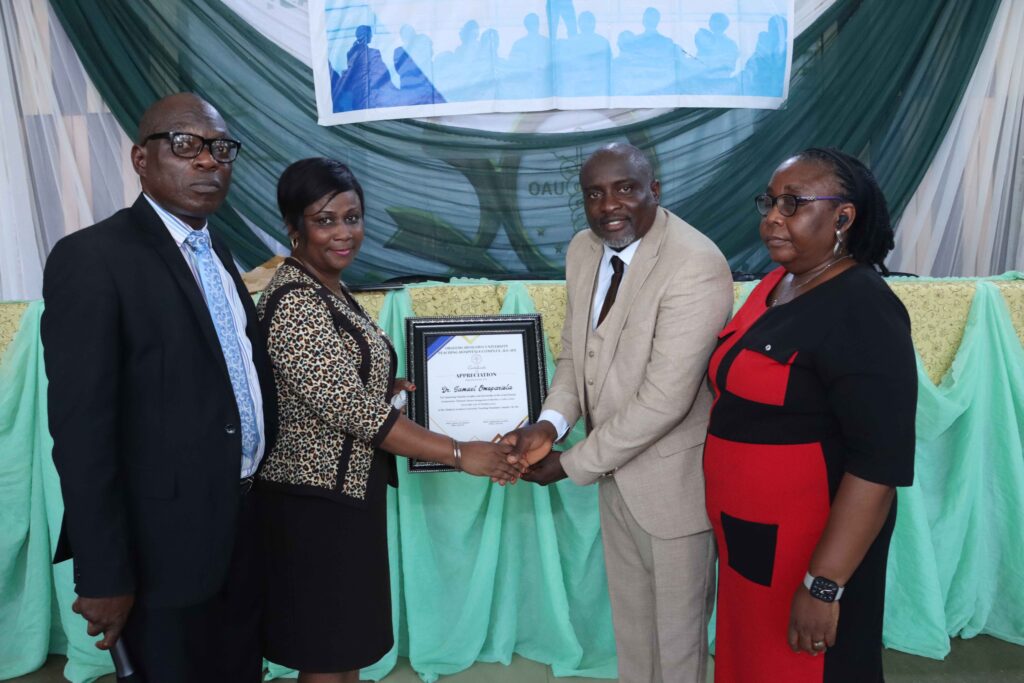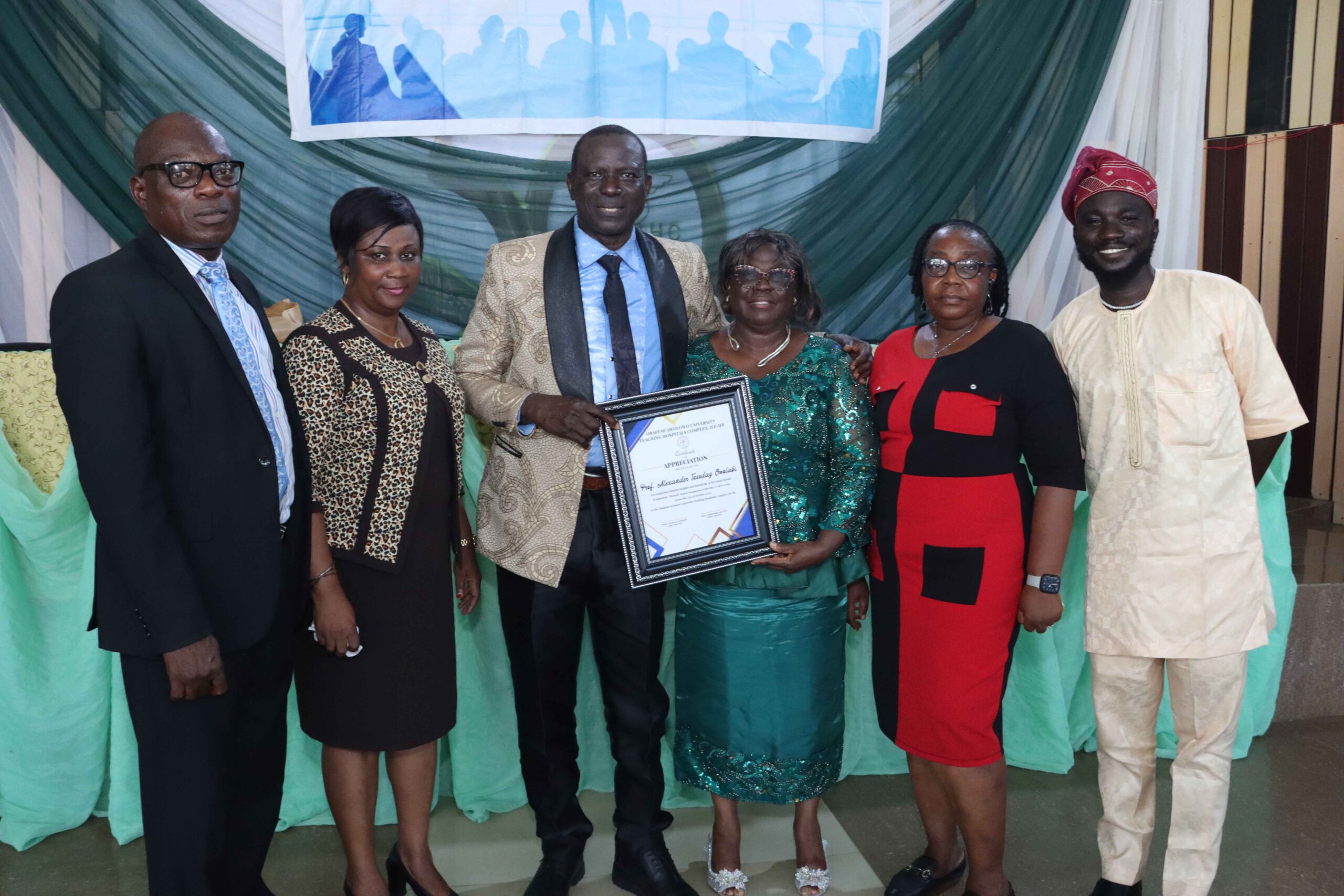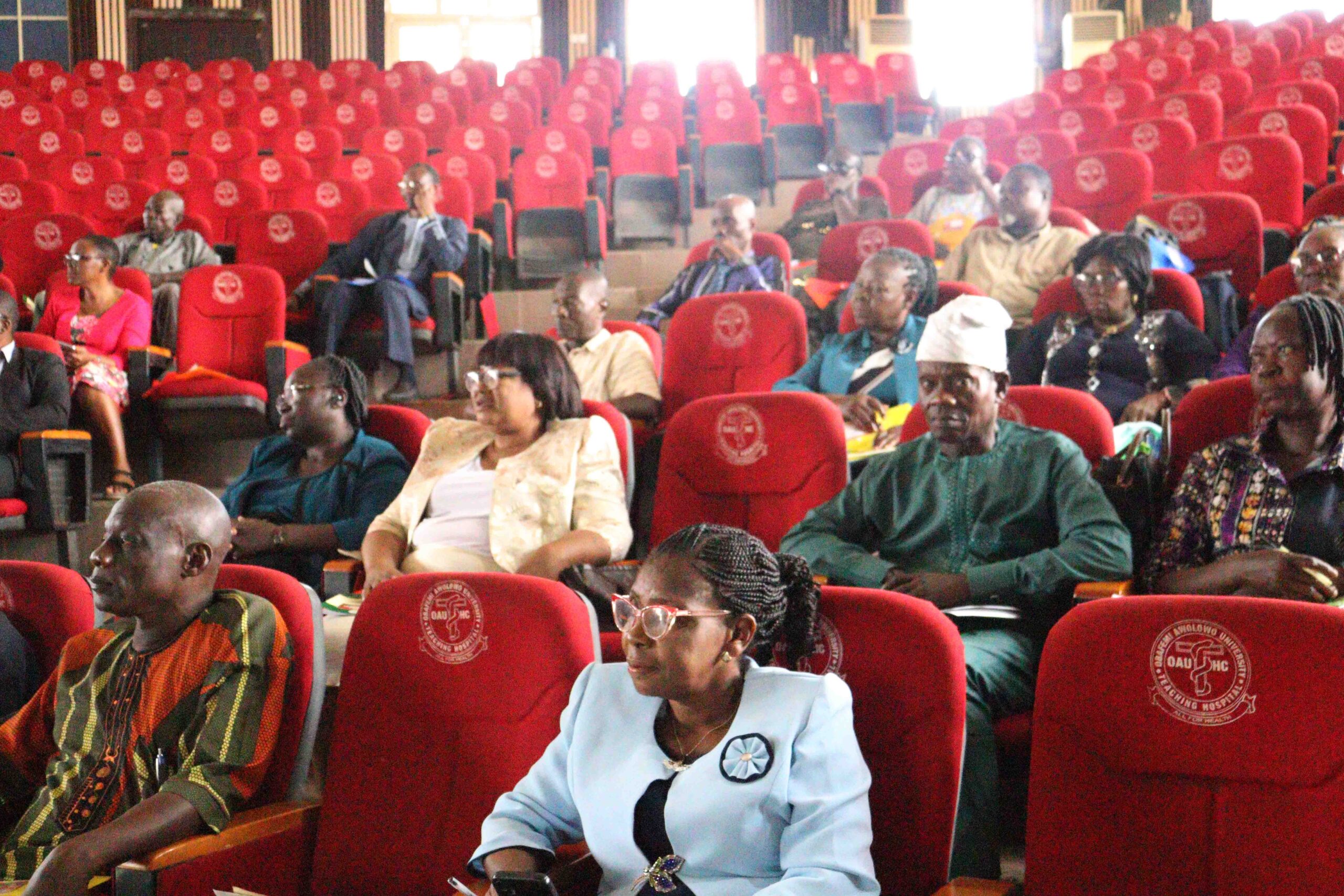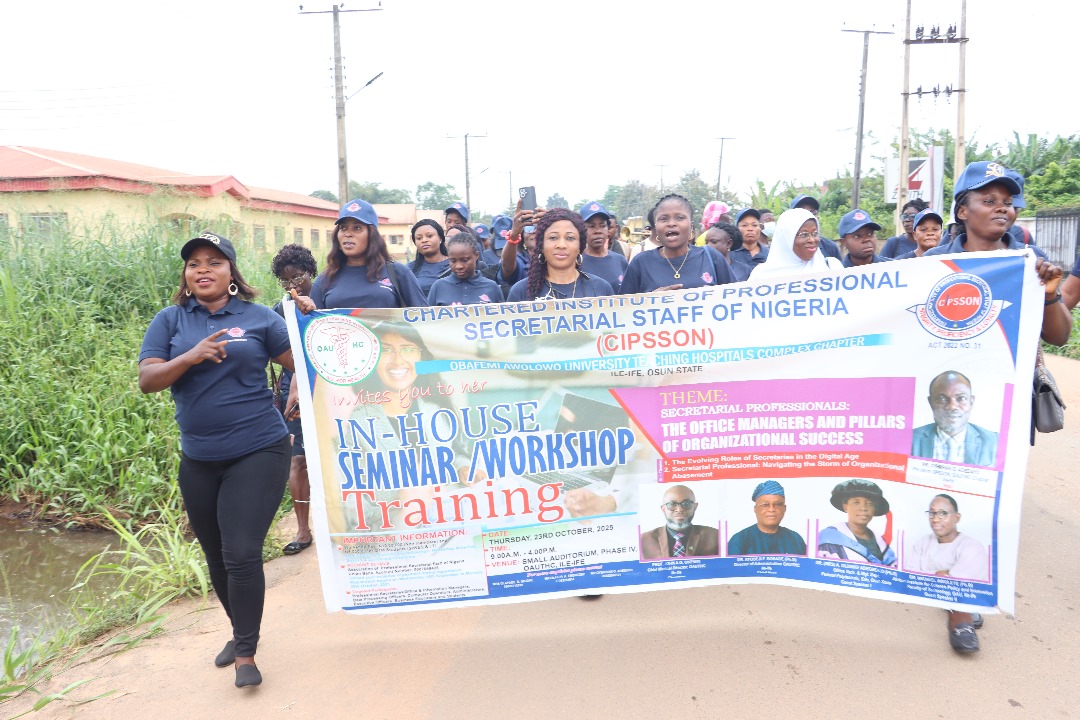The Department of Clinical Services and Training of the Obafemi Awolowo University Teaching Hospitals Complex (OAUTHC), Ile-Ife, on Tuesday, October 21, 2025, organized the 5th edition of its Grand Round with the theme “Modern Management of Infertility: A Call to Action.” The event, held at the hospital’s Mini Auditorium, brought together consultants, resident doctors, medical students, and other healthcare professionals.
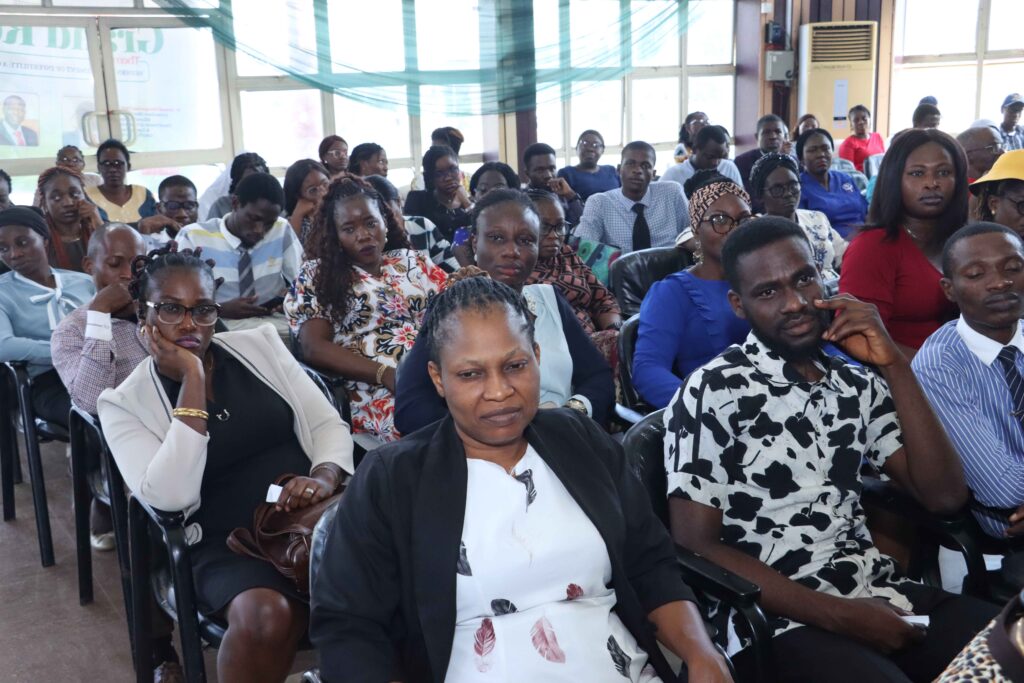
In his opening remarks, the Chief Medical Director of OAUTHC, Prof. John Okeniyi, who was represented by the Chairman, Medical Advisory Committee, Prof. Josephine Eziyi, highlighted the social and emotional burden of infertility, particularly the stigma and shame it often brings to women in the society. He called for a more compassionate and supportive approach to care for affected couples.
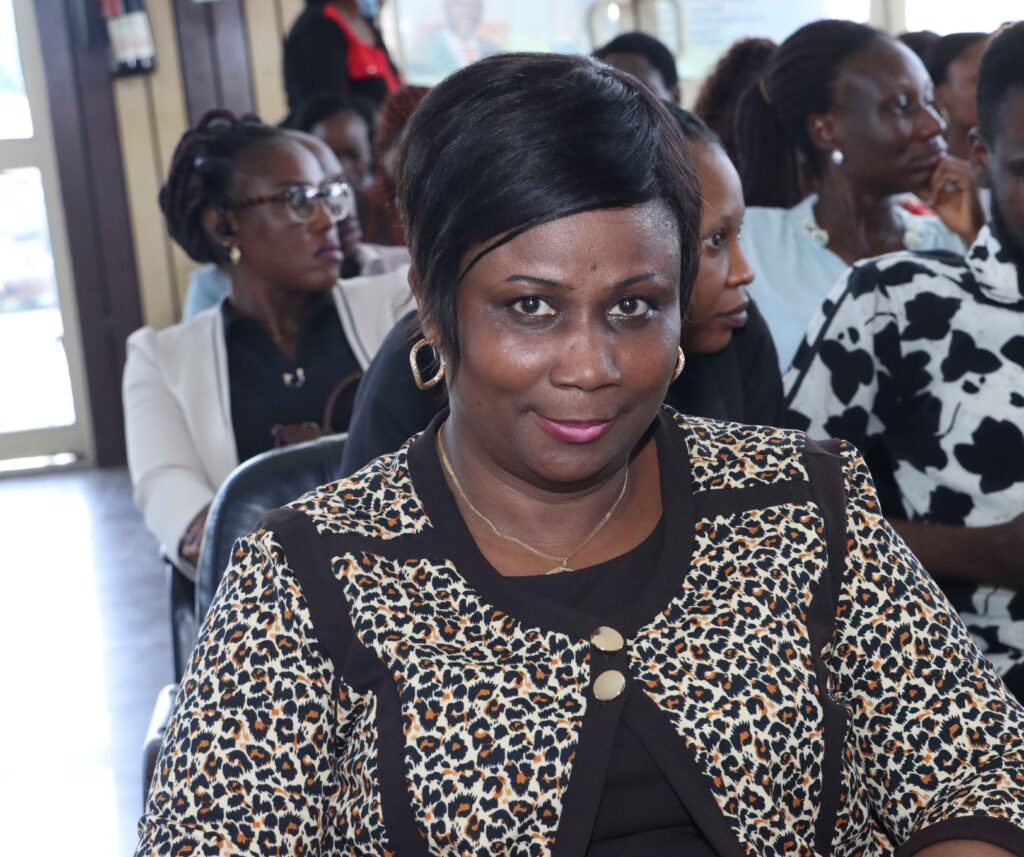
The first speaker, Dr. Samuel Omopariola, Consultant Obstetrician and Gynaecologist in the Department of Obstetrics and Gynaecology, OAUTHC, delivered a lecture on “Modern Management of Infertility: A Call to Action.”
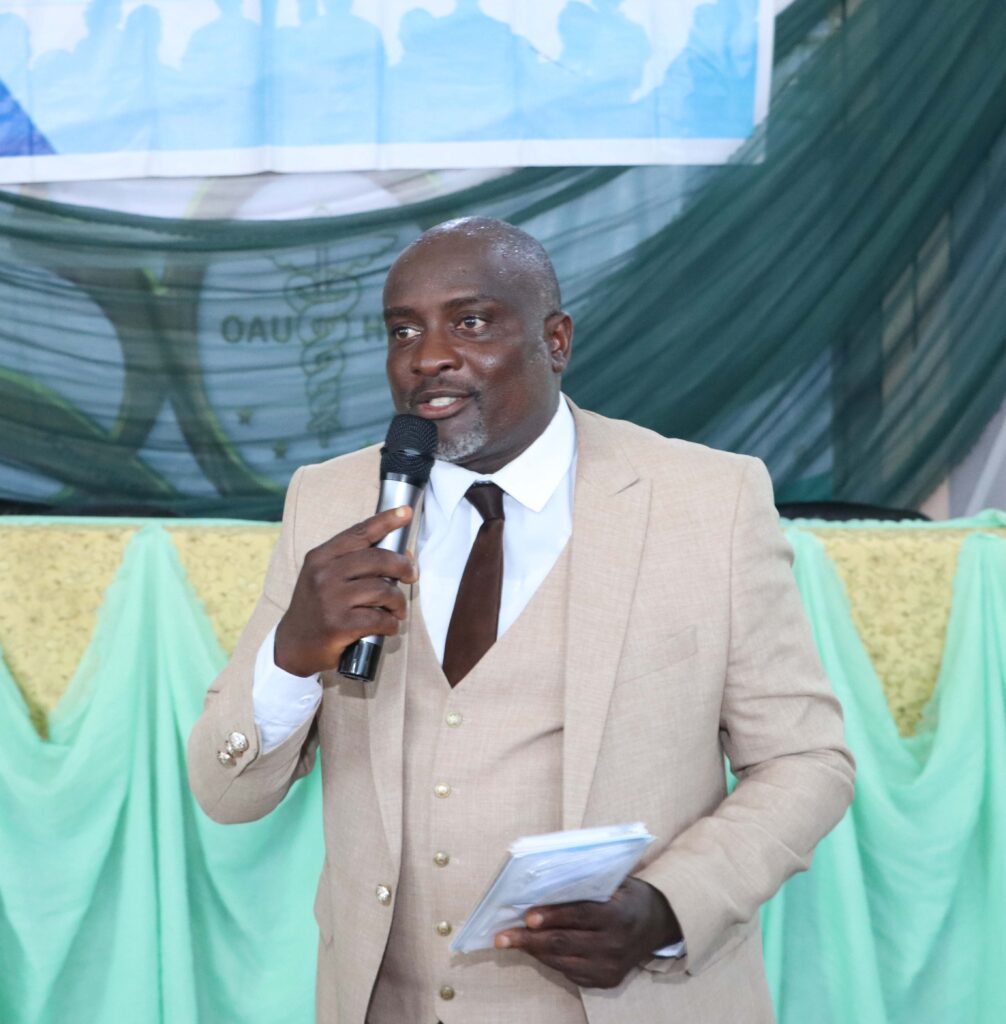
He noted that many cases of infertility can be prevented or effectively managed if individuals receive proper education on reproductive health early enough. He emphasized that community education, premarital counseling, and timely medical evaluation are key strategies in reducing the burden of infertility.
He also stressed the need for proper health-seeking behavior among couples and encouraged clinicians to create a supportive and non-judgmental environment for affected individuals.
Continuing the lecture, Prof. Alexander Tuesday Owolabi, a Consultant Obstetrician and Gynaecologist at OAUTHC, highlighted advanced treatment options and emerging research innovations in infertility management.
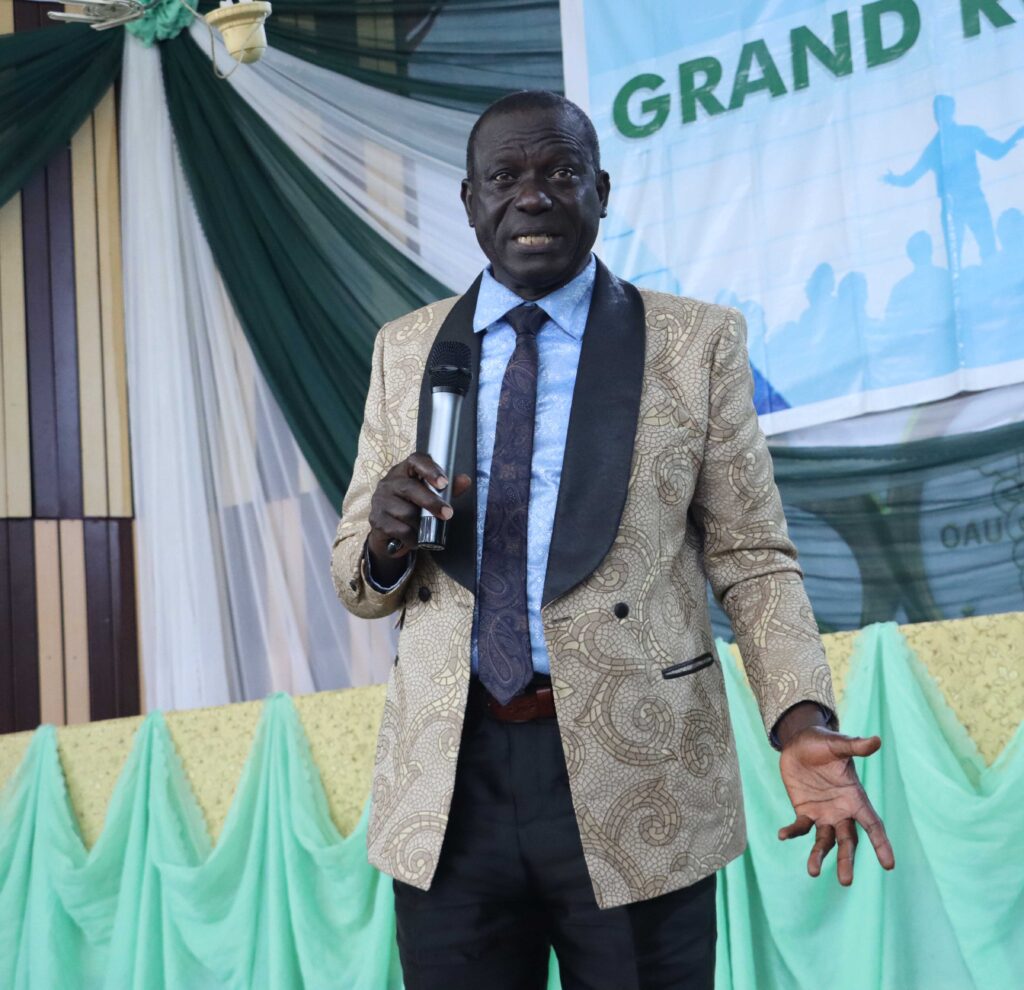
He explained that modern reproductive technologies such as in-vitro fertilization (IVF), intrauterine insemination (IUI), and minimally invasive surgical techniques are transforming outcomes for many couples. However, affordability and accessibility remain major challenges in the country. He emphasized the need for stronger public-private partnerships and increased government support to make these interventions more accessible to Nigerians.
He emphasized that infertility is a disease and is rated as the third most common disease globally, stressing that its impact extends beyond medical concerns to emotional, psychological, and social distress particularly for women. He reiterated that tertiary institutions like OAUTHC must continue to lead in providing innovative, evidence-based care while promoting empathy and dignity for every patient.
In conclusion, participants agreed that infertility should be approached not only as a medical condition but also as a psycho-social issue requiring empathy, education, and collaboration. The event ended with a call for sustained research, training, and advocacy to improve reproductive health outcomes in Nigeria. Certificates of award were presented to the guest speakers in recognition of their insightful presentations and contributions to knowledge.
